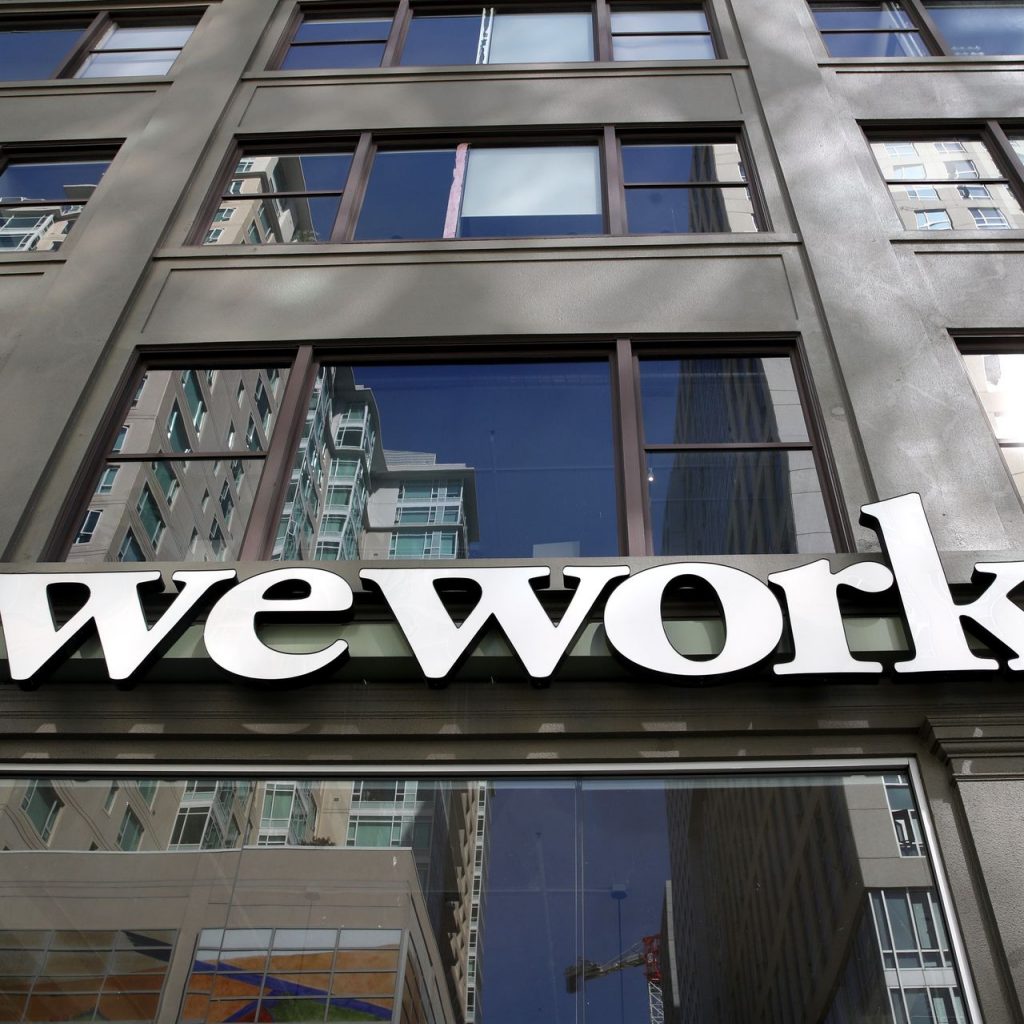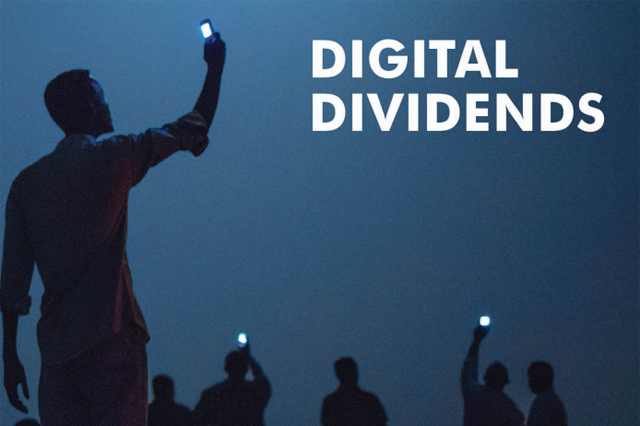The word ‘digital’ is tossed around a lot today. From movies and music to currency, companies, and even real estate, it seems like everything is going digital. But what exactly does that mean?
A recent report from McKinsey & Company sums it up best by describing going ‘digital’ as creating value at new frontiers. The real estate market contributes about $3.5 trillion to our country’s annual GDP. But surprisingly, transactions are still done the same way they were decades ago.
With a market this huge, it makes perfect sense that investors are looking for new and better ways to own real estate by going digital. When real estate ownership is digitized, investors own and profit from small shares of prime assets. Portfolios become more diverse and risk is minimized.
Here are 7 surprising questions and important answers about digital real estate shares that all investors need to know.
#1 How are digital real estate shares different from Bitcoin?
Digital real estate shares are often confused with cryptocurrencies like Bitcoin, but in fact they are two entirely different things. Cryptocurrencies are payment tokens that circulate as a currency and medium of exchange. But they’re not backed up by a real asset or issued by a private entity.
On the other hand, digital real estate shares represent a real-world asset like an office building or apartment property. Owning a digital share of real estate is similar to owning property as a tenant in common. Each co-owner receives a proportional share of the recurring income and any gain in market value.
Digital real estate shares do the exact same thing, except that instead of a piece of paper the ownership share is digitized and recorded for safekeeping.
#2 What types of assets can be digitized?
Any hard asset can be digitized to offer ownership shares along with the rights to receive monthly income payments and a share of the potential profit with the asset is sold. In addition to real estate, examples of other assets that are being digitized include art objects, precious metals and commodities, and even entire companies.
#3 Can digital real estate shares get ‘hacked’?
No. Digital real estate shares are created on the blockchain infrastructure where each share is unchangeable, permanent, verifiable, and auditable. An irreversible code is used with digital real estate ownership. After that, investors take control with self-custody of each digital share of real estate they own.
#4 Who can invest in digital real estate shares?
In theory, anyone can invest in digital real estate shares. However, many countries such as the U.S. require issuers of digital shares to meet specific requirements and restrictions, including passing KYC (know your customer) identity verification.
There may also be restrictions on digital real estate share investment, such as:
- Minimum and maximum amount of digital real estate shares that can be purchased by any one investor or entity
- Affiliation of the investor to other companies or specific countries
- Accreditation of the professional investor measured by net worth, annual income, or investment experience
#5 What do investors get with a digital share of real estate?
The list of rights investors receive when purchasing digital shares of real estate is similar to the rights offered by other financial assets. Rights can include a proportional share of asset ownership, the right to receive a share of the recurring income and profits when the property is sold, and the right to buy and sell shares of digital real estate with other investors.
Digital real estate shares can also be ‘programmed’ based on pre-defined criteria at the time the share was purchased. For example, rental income and depreciation can be paid out to each digital shareholder based on an agreed-upon schedule.
#6 Are digital real estate shares like stocks?
Many digital shares such as TwinRock Partners’ Digital Liquidity Fund for Commercial Real Estate will use a CUSIP number. CUSIPs are the same numbers used to identify stocks that are sold to the public, usually on the New York Stock Exchange.
CUSIP numbers help facilitate trade and settlement transactions and make the clearing process more efficient. Examples of CUSIP numbers include:
- Amazon: 023135106
- Apple: 037833100
- Facebook: 30303M102
- Microsoft: 594918104
- TwinRock Digital Liquidity Fund: XXXXXXXXX
#7 How do investors benefit from digital real estate shares with a CUSIP number?
Knowing the CUSIP number of a digital real estate share benefits investors in a variety of ways. It’s easier to research information about a digital share by using a CUSIP number. Completing securities-related forms required by the government is also faster and more efficient with a CUSIP number.
Digital real estate shares with CUSIP numbers are also easier to categorize, ensuring that purchases and trades are processed, cleared, and settled correctly. Finally, having a CUSIP makes it easier to identify owners of each digital real estate share so that income payments can be properly paid out.
How to invest in digital shares of real estate
Digital real estate shares are purchased on a specialized issuance platform that is specifically designed for issuing digital shares. These platforms are required to comply with country-specific legislation and interact with local government agencies.
To review all investment materials for TwinRock Partners’ Digital Liquidity Fund – and to register to invest electronically – please tap here.




